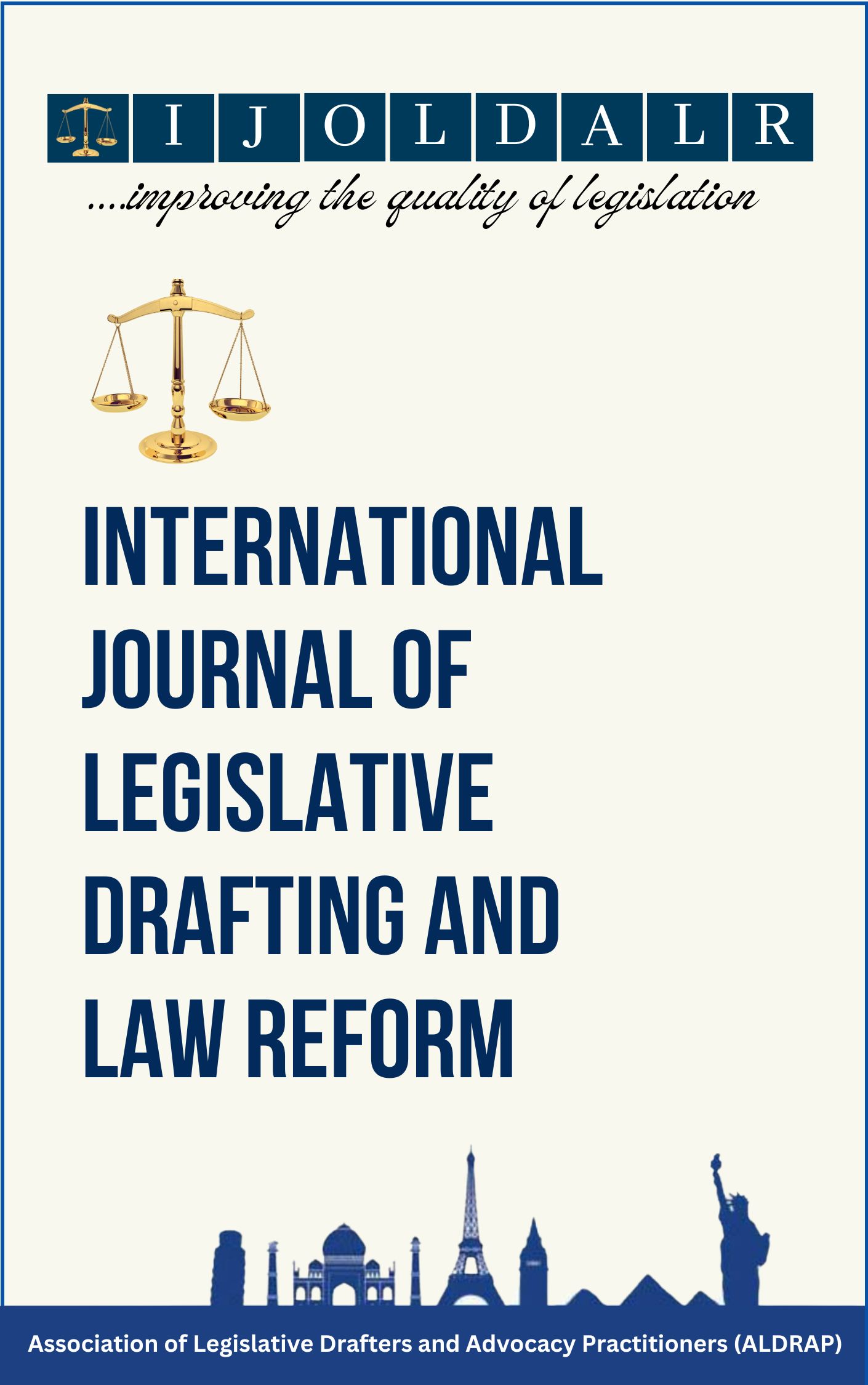Abstract
While declaring its commitment to women rights, for example by its Basic Law and presidential decrees; Palestine has still long way to go with regard to reforming its legislation that undermines womenrights and the established traditions thereof. Women rights are violated not only as a result of the strict interpretation of religious texts, but also due to local traditions that exist in the country like in the entire Middle East region to which governments are unwilling to confront. This paper explores the legislative reform challenges and prospects in Palestine, as a case-in-point regarding women rights in the region, by focusing on selected legislative instruments relating to women, including penal law, family law, labor law and social security, travel,citizenship, election laws and the masculine-biased language that legislative drafters are accustomed. Some legislation would be easily reformed. Others are uneasy to change. Would Palestine meet global standards whereas being ready to reform parts of its legislation and postpone other parts; would it be really true to its declarations? The paper answers this question by evaluating the applicable legislation in Palestine versus women rights as enshrined in three international instruments: Covenant on Civil and Political Rights; Covenant on Economic, Social and Cultural Rights; and the Convention on the Elimination of All Forms of Discrimination against Women.



 National Library of Nigeria
National Library of Nigeria.jpg) Association of Nigerian Authors
Association of Nigerian Authors Nigerian Library Association
Nigerian Library Association EagleScan
EagleScan Crossref
Crossref